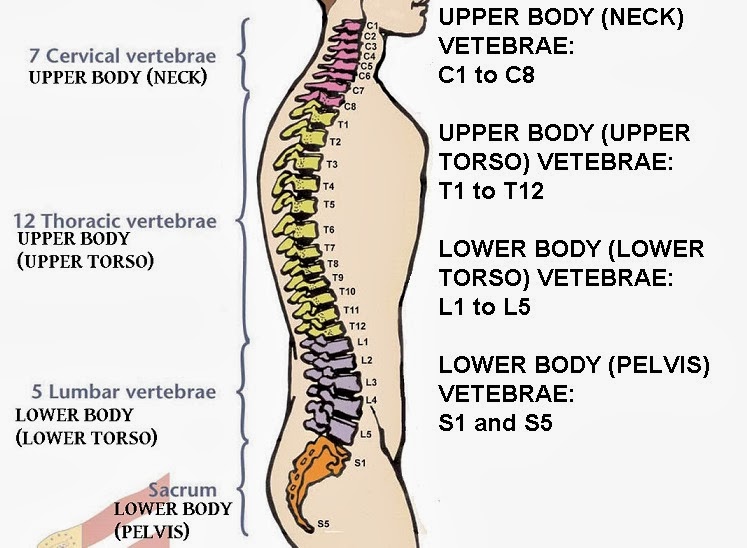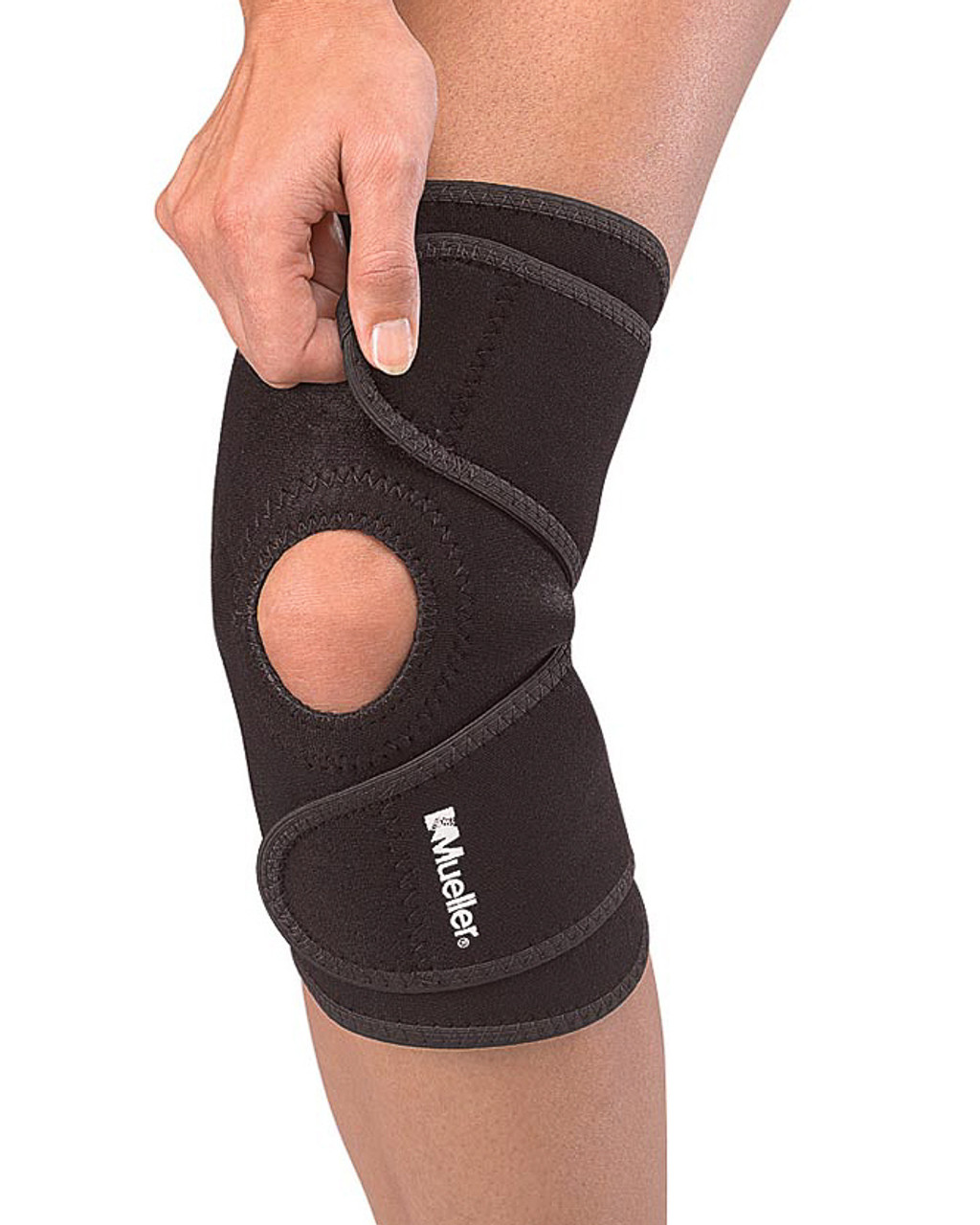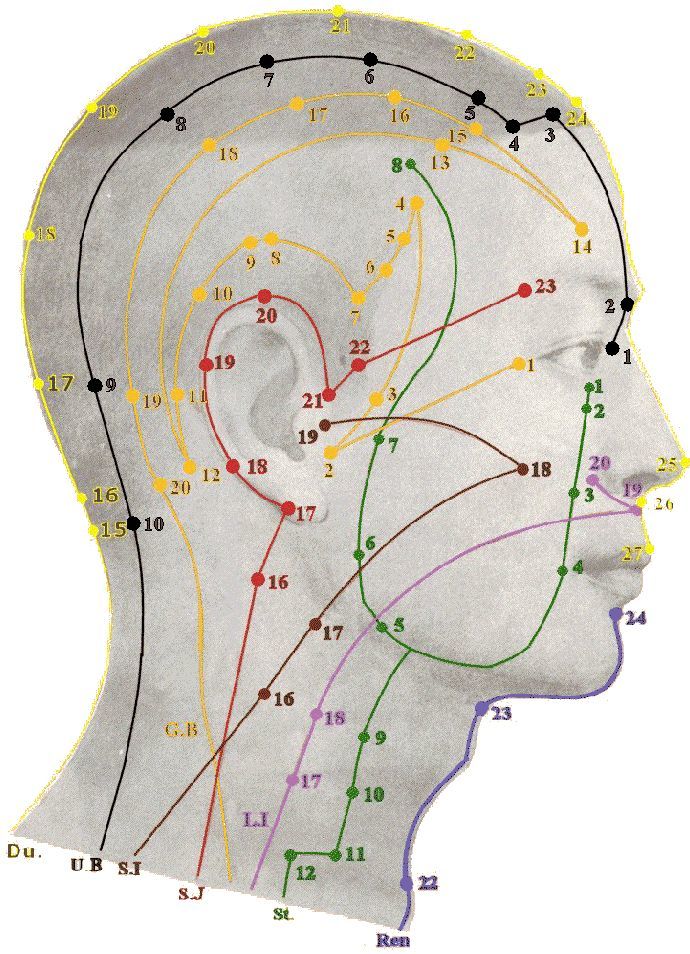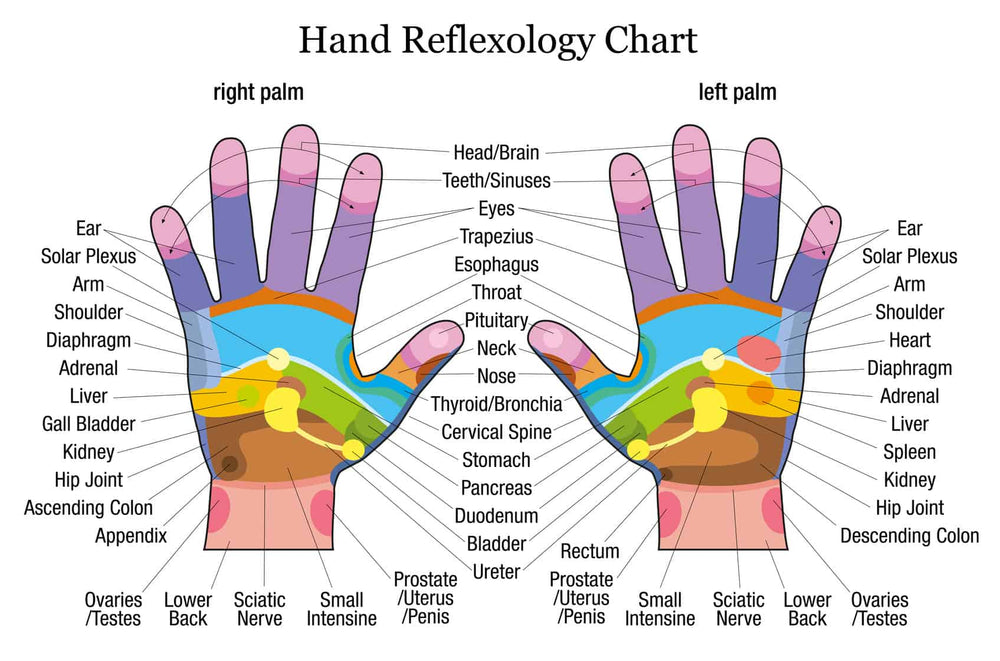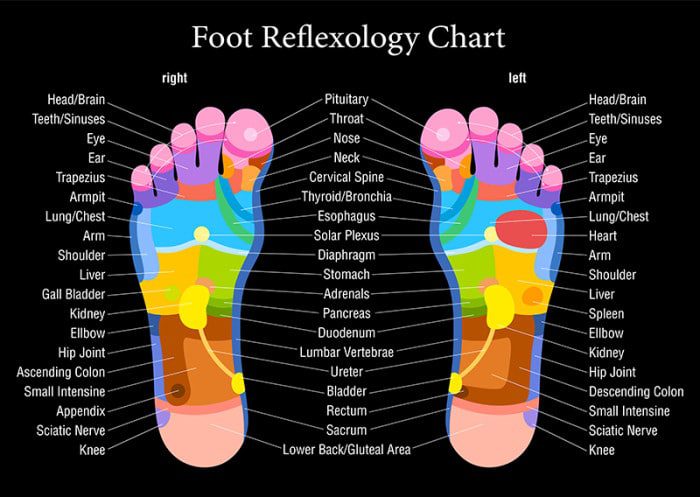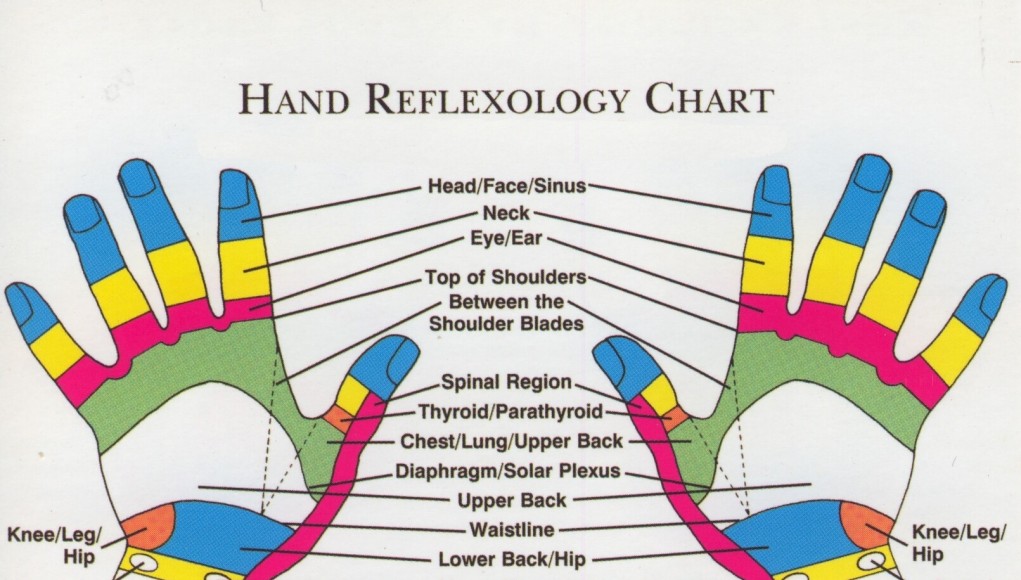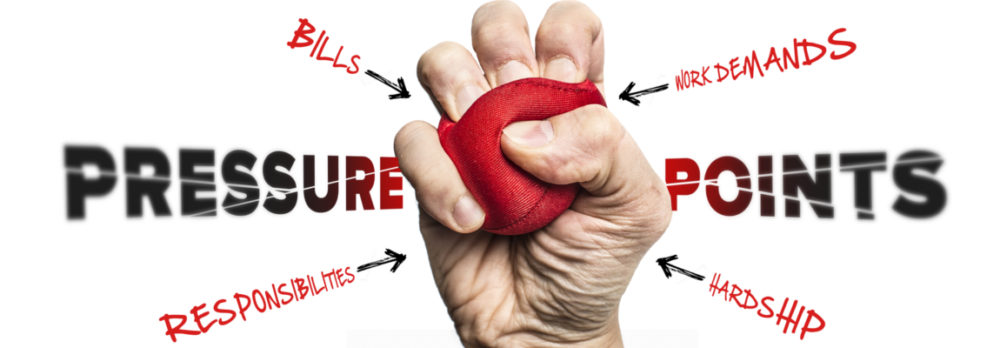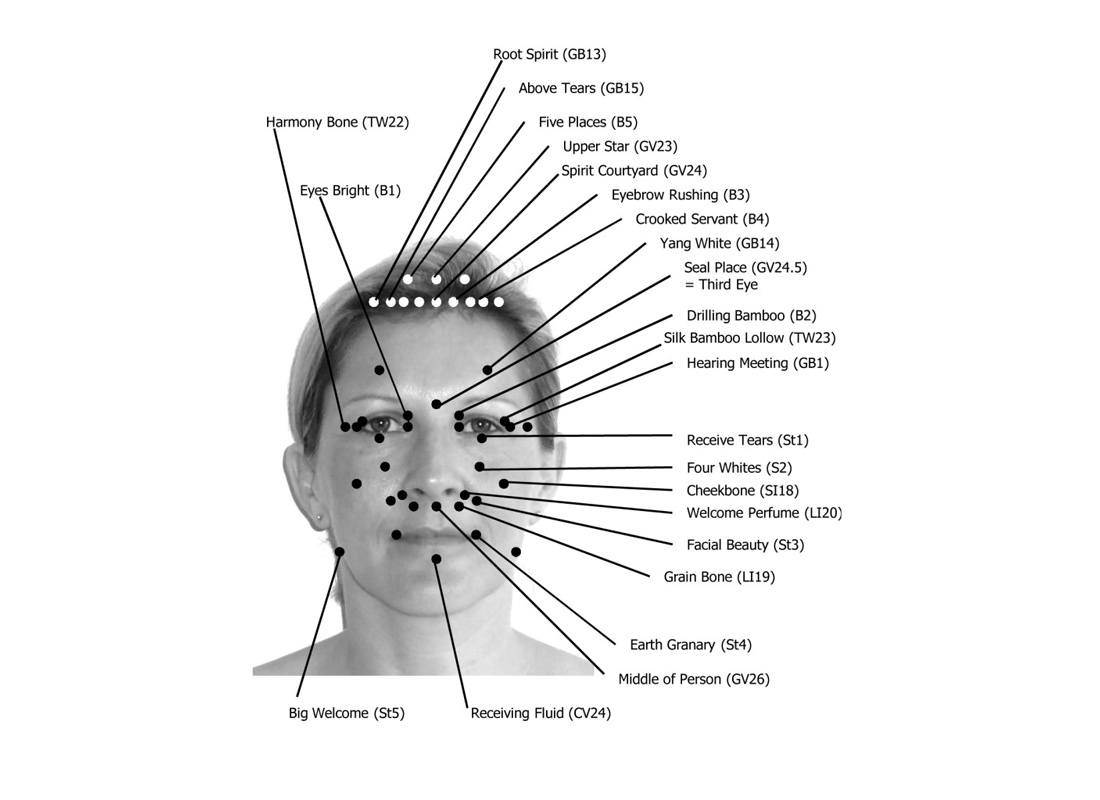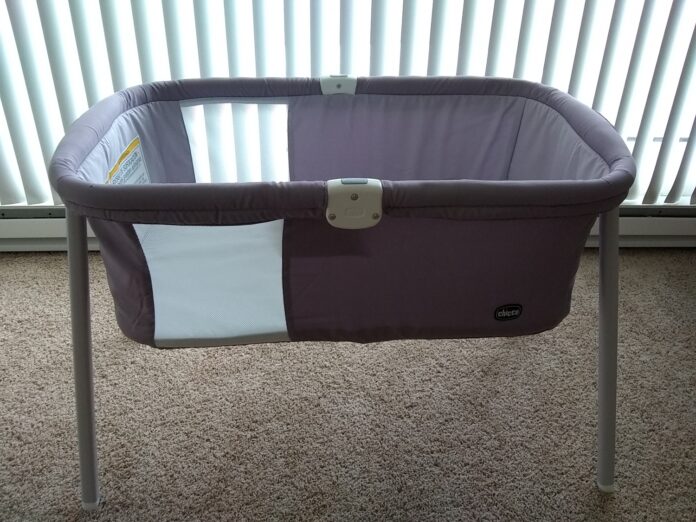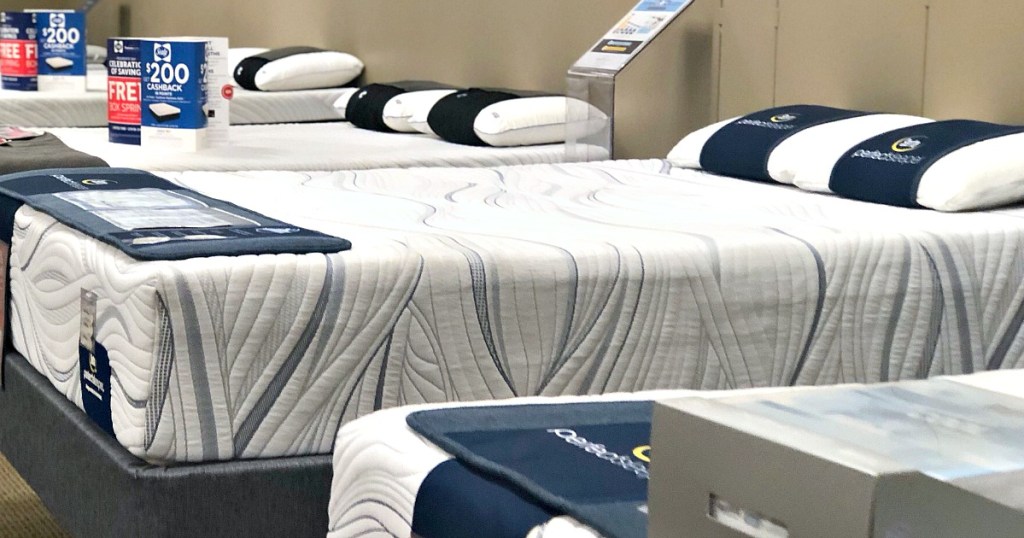1. Understanding the Connection Between Memory Foam Mattresses and Back Pain
Memory foam mattresses have become increasingly popular in recent years for their ability to provide a comfortable and supportive sleep surface. However, for some individuals, these mattresses may be the culprit behind their back pain. In this article, we will dive into the relationship between memory foam mattresses and back pain, and explore the potential causes of discomfort.
2. The Rise of Memory Foam Mattresses
Memory foam mattresses have gained popularity due to their ability to conform to the body's shape, relieving pressure points and providing support. This is achieved through the use of a viscoelastic material that responds to body heat and weight, contouring to the body's curves.
3. The Impact of Mattresses on Back Pain
A good mattress is essential for maintaining good spinal health. When the spine is not properly supported, it can lead to aches and pains, particularly in the lower back. This is why it is important to choose a mattress that provides the right amount of support for your body.
4. Can a Memory Foam Mattress Cause Back Pain?
While memory foam mattresses are known for their pressure-relieving properties, they may not be suitable for everyone. Some individuals may find that the sinkage and contouring of a memory foam mattress can cause their spine to become misaligned, leading to back pain.
5. The Role of Memory Foam in Back Pain
Memory foam mattresses are designed to evenly distribute body weight, which can help relieve pressure on the spine. However, for individuals with preexisting back issues, the sinking sensation of memory foam can exacerbate discomfort and lead to further pain.
6. Finding the Right Level of Support
One of the main causes of back pain from memory foam mattresses is a lack of support. While memory foam provides excellent pressure relief, it may not offer enough support to keep the spine properly aligned. This can lead to discomfort and pain, particularly for those with existing back issues.
7. Identifying Pressure Points
Another factor that can contribute to back pain from a memory foam mattress is the development of pressure points. These are areas where the mattress is not providing enough support, causing the body to sink too deeply into the bed. This can put strain on the spine and lead to pain.
8. Addressing Back Pain From a Memory Foam Mattress
If you are experiencing back pain from your memory foam mattress, there are steps you can take to alleviate discomfort. One option is to try adding a firmer mattress topper to provide additional support. You can also try placing a pillow under your knees while sleeping to help keep your spine in a neutral position.
9. Considering Your Sleeping Position
The position you sleep in can also play a role in how a memory foam mattress affects your back. For example, side sleepers may find that the sinkage of memory foam can cause their spine to curve unnaturally, leading to pain. Back sleepers may have better luck with a memory foam mattress, as it can help distribute weight evenly.
10. Conclusion: Finding the Right Balance
While memory foam mattresses can provide a comfortable and supportive sleep surface for many individuals, they may not be suitable for everyone. If you are experiencing back pain from your memory foam mattress, it is important to consider the level of support it provides and make adjustments as needed. By finding the right balance between comfort and support, you can achieve a restful and pain-free night's sleep.
How to Choose the Right Mattress for a Pain-Free Sleep

The Role of Memory Foam in Back Pain
 When it comes to getting a good night's sleep, having the right mattress is crucial. A
memory foam mattress
has become a popular choice for many people due to its ability to contour to the body and provide pressure relief. However, some people have reported experiencing
back pain
after sleeping on a memory foam mattress. So, can your
memory foam mattress
really be causing your
back pain
?
It's important to understand that
back pain
can have various causes, and a
memory foam mattress
may not necessarily be the sole culprit. However, the
firmness
of a mattress is a significant factor in determining its
support
for your body. A
memory foam mattress
is known for its
contouring
properties, which means it can mold to your body shape. This may lead to a
misalignment
of the spine, causing
pressure points
and
strain
on the back muscles.
When it comes to getting a good night's sleep, having the right mattress is crucial. A
memory foam mattress
has become a popular choice for many people due to its ability to contour to the body and provide pressure relief. However, some people have reported experiencing
back pain
after sleeping on a memory foam mattress. So, can your
memory foam mattress
really be causing your
back pain
?
It's important to understand that
back pain
can have various causes, and a
memory foam mattress
may not necessarily be the sole culprit. However, the
firmness
of a mattress is a significant factor in determining its
support
for your body. A
memory foam mattress
is known for its
contouring
properties, which means it can mold to your body shape. This may lead to a
misalignment
of the spine, causing
pressure points
and
strain
on the back muscles.
Choosing the Right Firmness Level
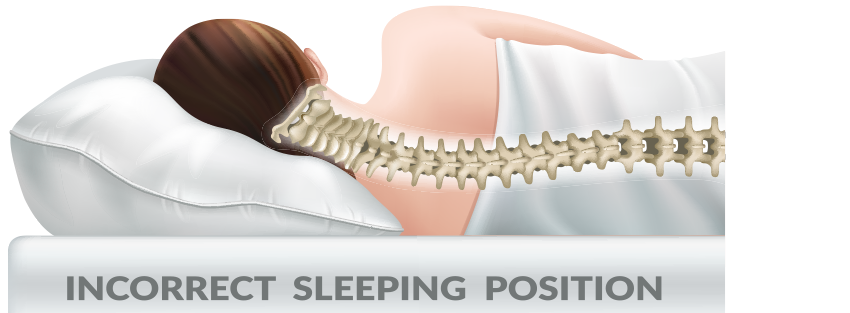 The key to finding the right
memory foam mattress
that won't cause
back pain
is to consider the
firmness
level.
Medium-firm
is generally recommended for those with
back pain
as it provides a balance of
support
and
comfort
. It's important to note that
firmness
is subjective, and what may feel
firm
to one person may feel
soft
to another. Therefore, it's essential to try out the
memory foam mattress
before making a purchase.
The key to finding the right
memory foam mattress
that won't cause
back pain
is to consider the
firmness
level.
Medium-firm
is generally recommended for those with
back pain
as it provides a balance of
support
and
comfort
. It's important to note that
firmness
is subjective, and what may feel
firm
to one person may feel
soft
to another. Therefore, it's essential to try out the
memory foam mattress
before making a purchase.
Other Factors to Consider
 Aside from
firmness
, there are other factors to consider when choosing a
memory foam mattress
to prevent
back pain
. The
thickness
of the mattress plays a role in its
support
, with thicker mattresses offering better
back support
. The
density
of the foam also affects its
firmness
, with higher density foams providing more
support
and
durability
.
Additionally, the
sleeping position
can also affect the likelihood of experiencing
back pain
on a
memory foam mattress
. Side sleepers may benefit from a
softer
mattress to allow for
contouring
of the hips and shoulders, while back and stomach sleepers may prefer a
firmer
mattress for
spine alignment
.
Aside from
firmness
, there are other factors to consider when choosing a
memory foam mattress
to prevent
back pain
. The
thickness
of the mattress plays a role in its
support
, with thicker mattresses offering better
back support
. The
density
of the foam also affects its
firmness
, with higher density foams providing more
support
and
durability
.
Additionally, the
sleeping position
can also affect the likelihood of experiencing
back pain
on a
memory foam mattress
. Side sleepers may benefit from a
softer
mattress to allow for
contouring
of the hips and shoulders, while back and stomach sleepers may prefer a
firmer
mattress for
spine alignment
.
In Conclusion
 While a
memory foam mattress
can provide
comfort
and
support
for many people, it may not be the best option for those with existing
back pain
. However, by considering the
firmness
, thickness, density, and sleeping position, you can find the right
memory foam mattress
that will provide a pain-free sleep. Remember to always try out the mattress before purchasing and consult with a
doctor
if your
back pain
persists.
While a
memory foam mattress
can provide
comfort
and
support
for many people, it may not be the best option for those with existing
back pain
. However, by considering the
firmness
, thickness, density, and sleeping position, you can find the right
memory foam mattress
that will provide a pain-free sleep. Remember to always try out the mattress before purchasing and consult with a
doctor
if your
back pain
persists.

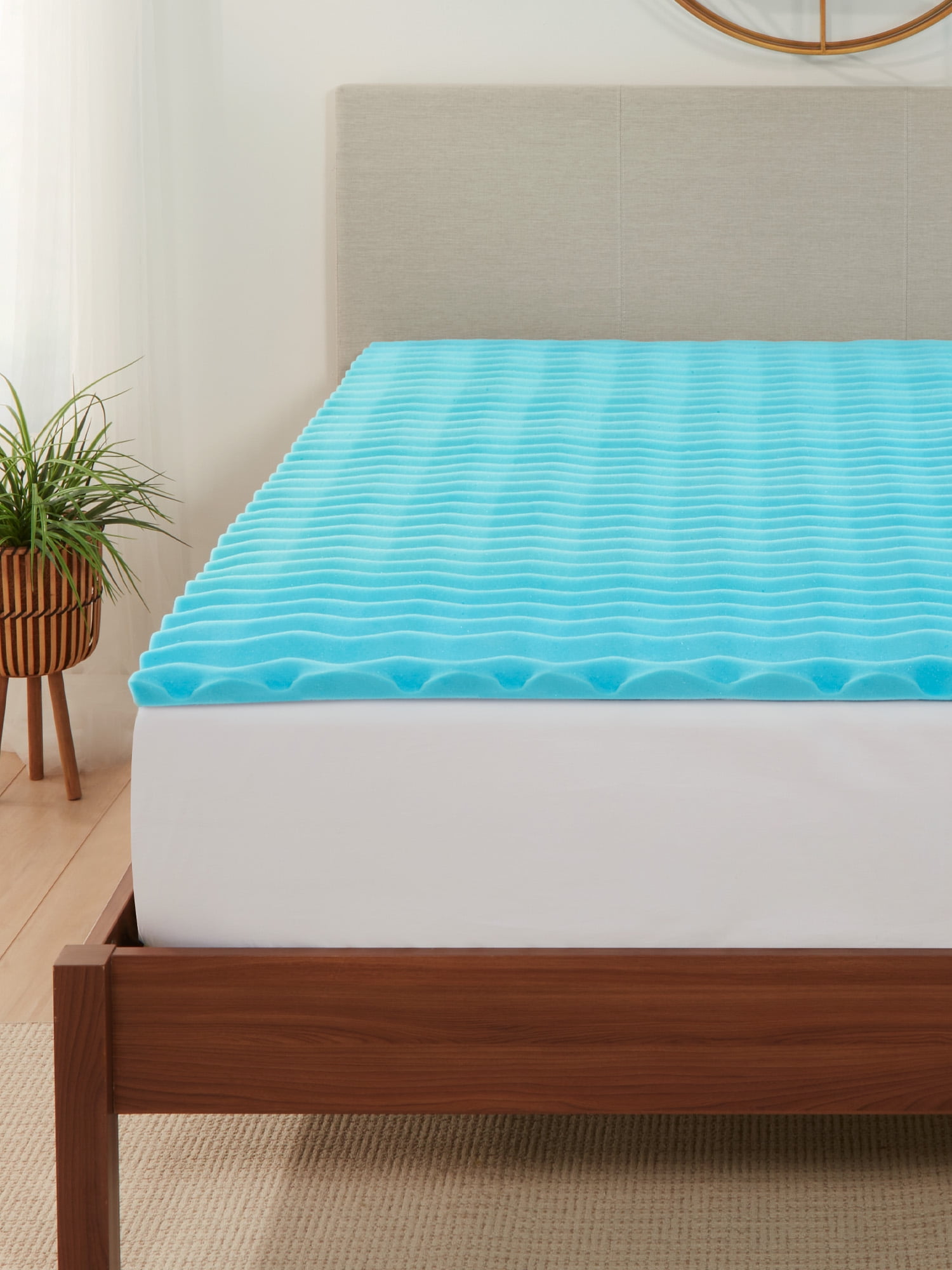
















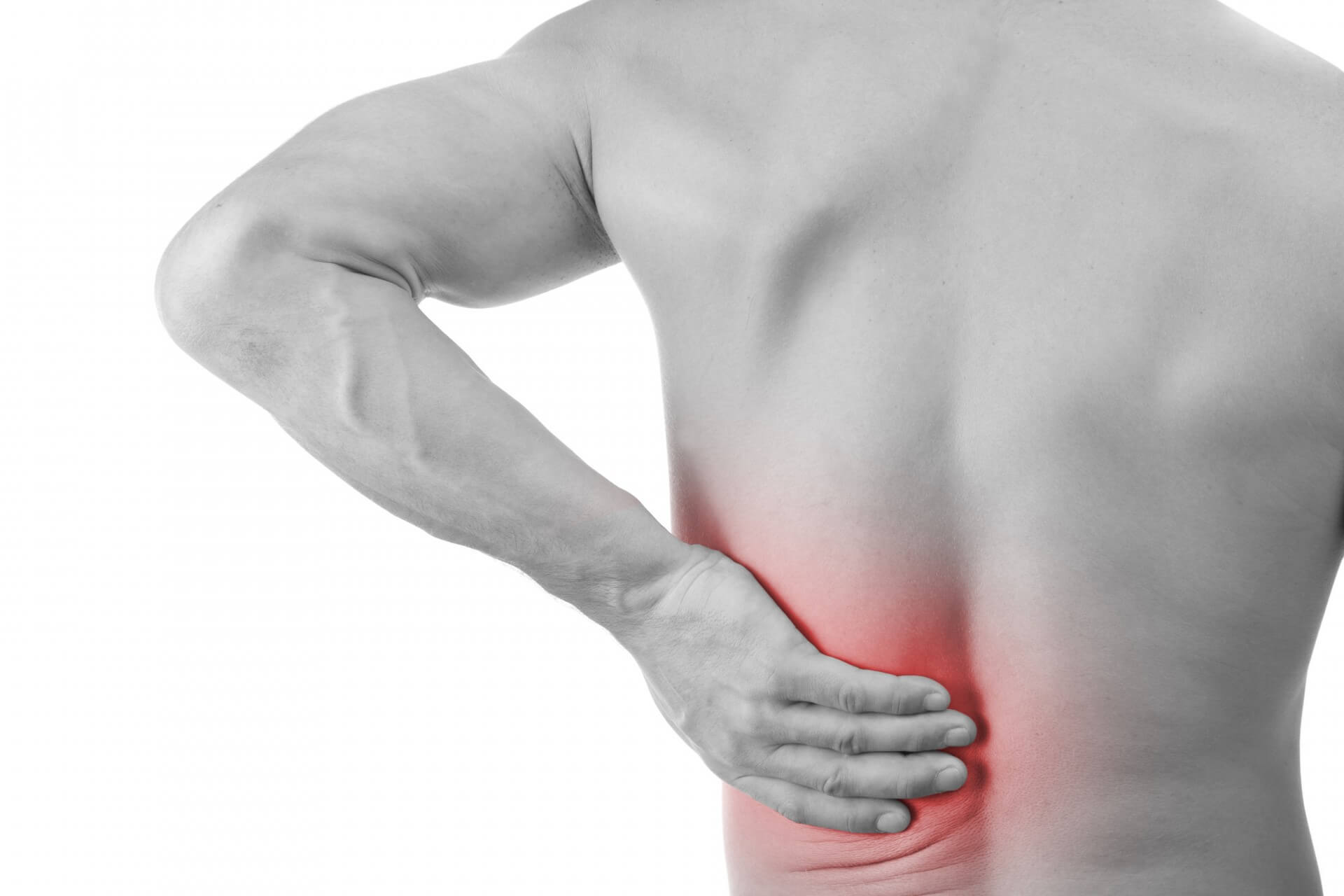

:max_bytes(150000):strip_icc()/backpainfinal-01-5c3ba0bf46e0fb0001b5b300.png)



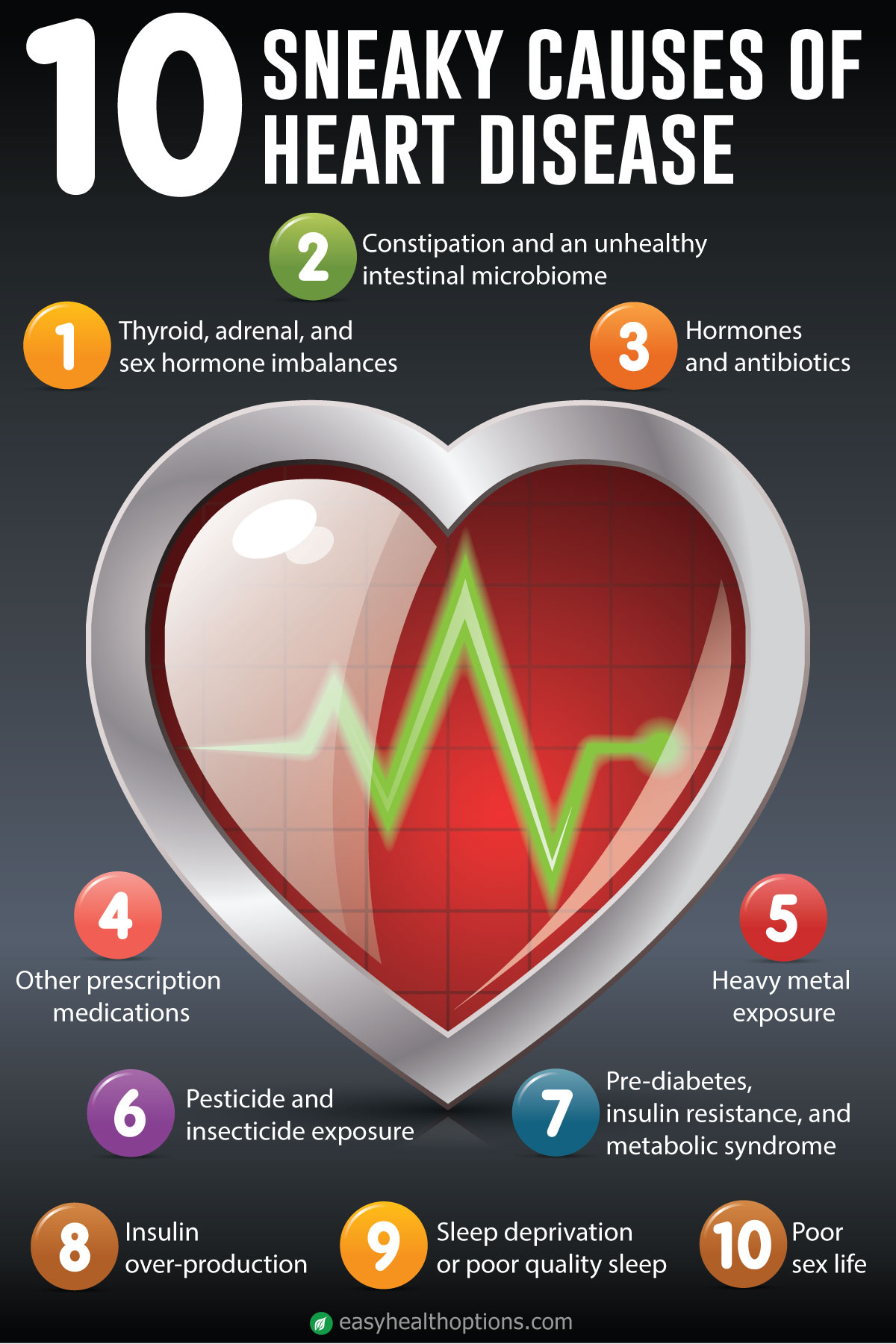


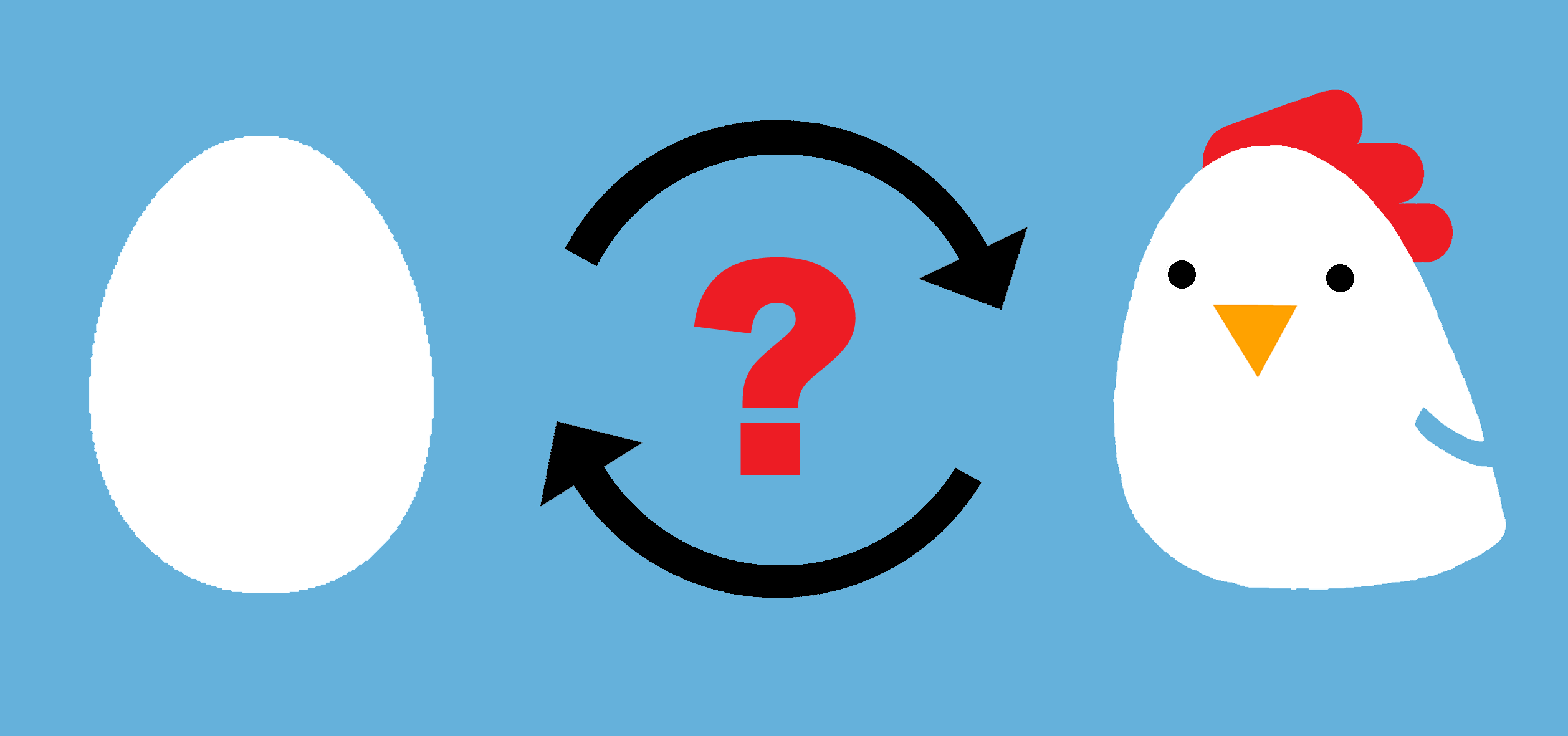
:max_bytes(150000):strip_icc()/cancer-causes-513773_FINAL-ed7f995b3eca46eca8064643b15ce581.jpg)
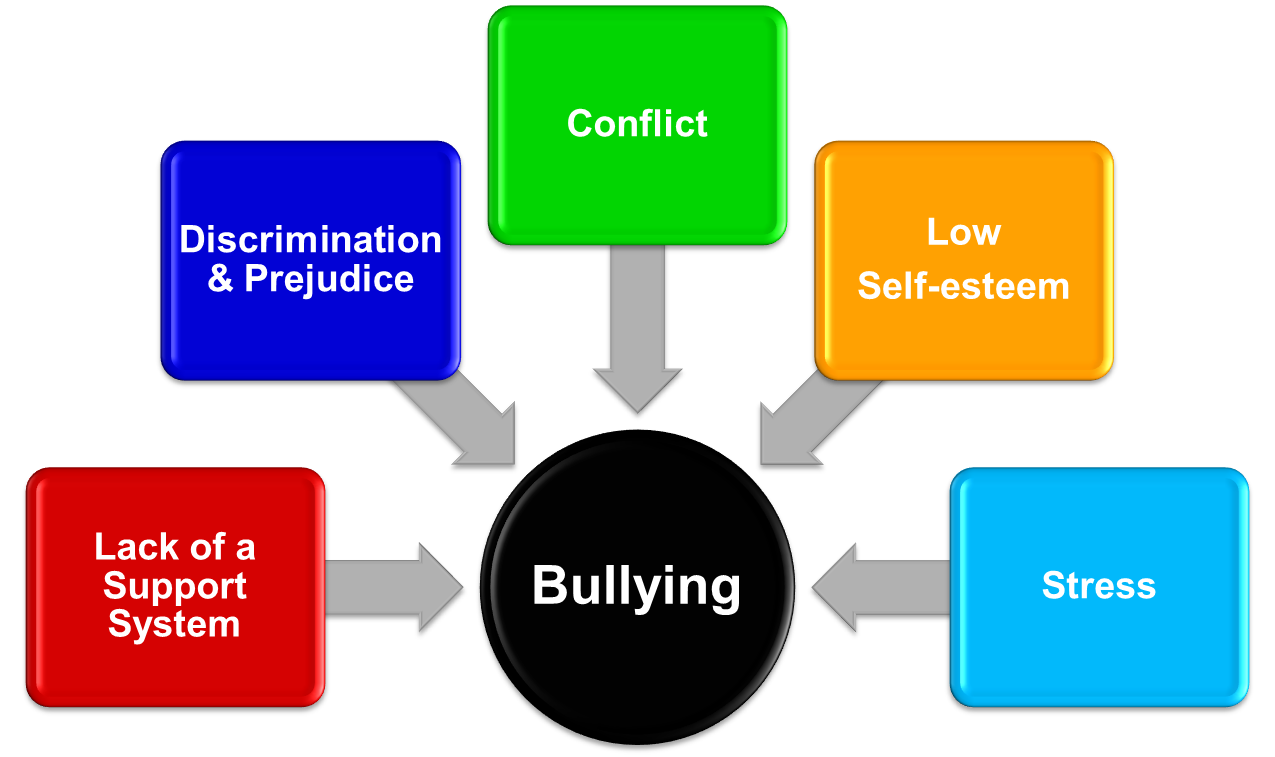


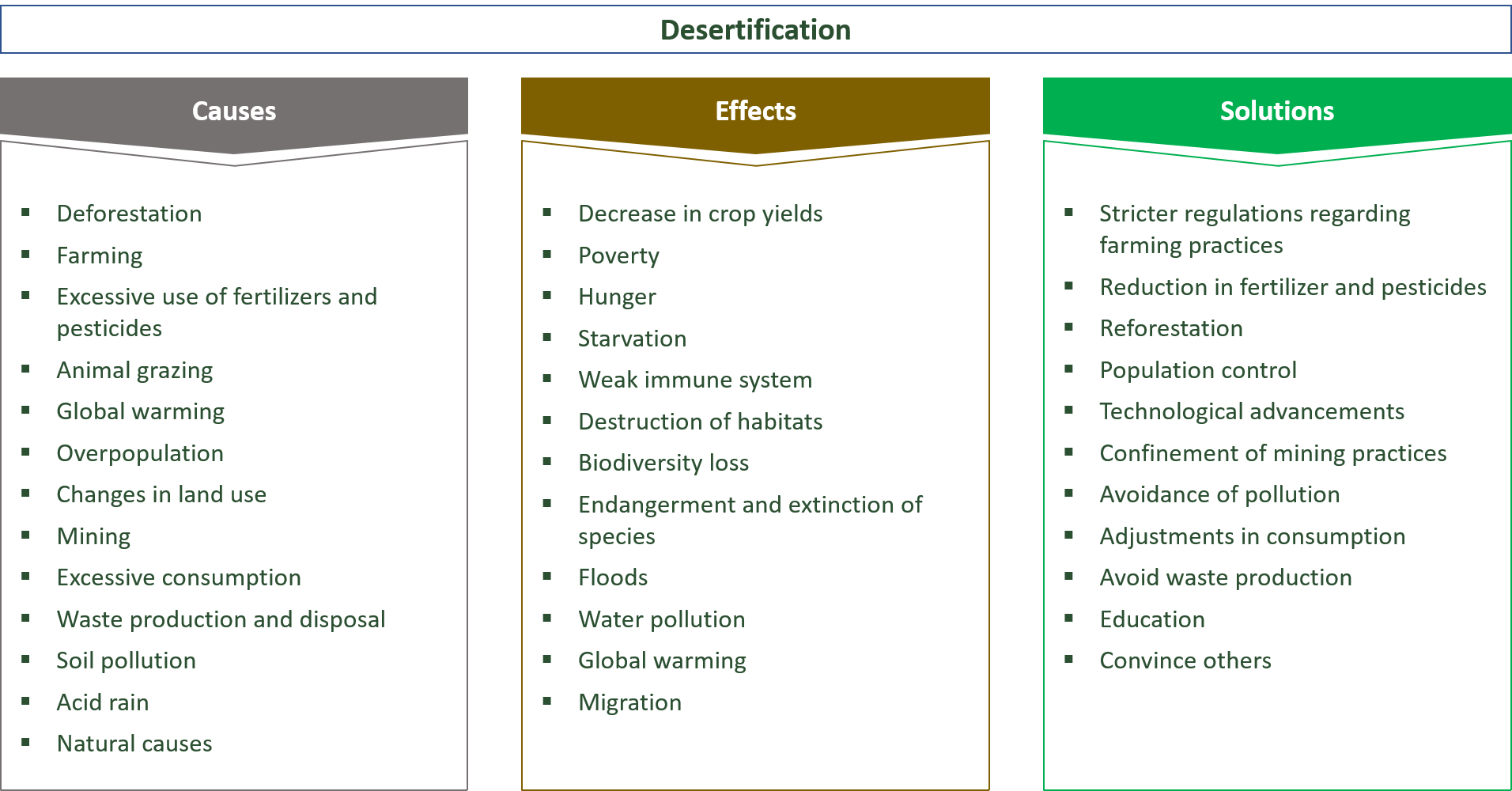
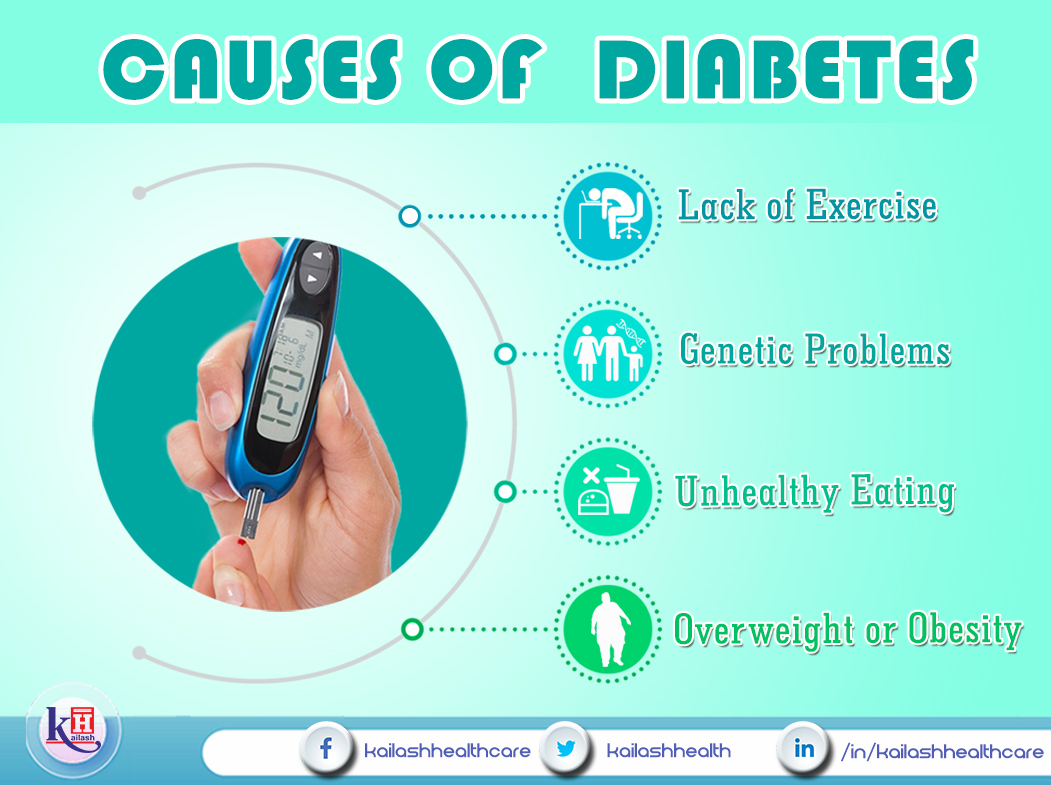






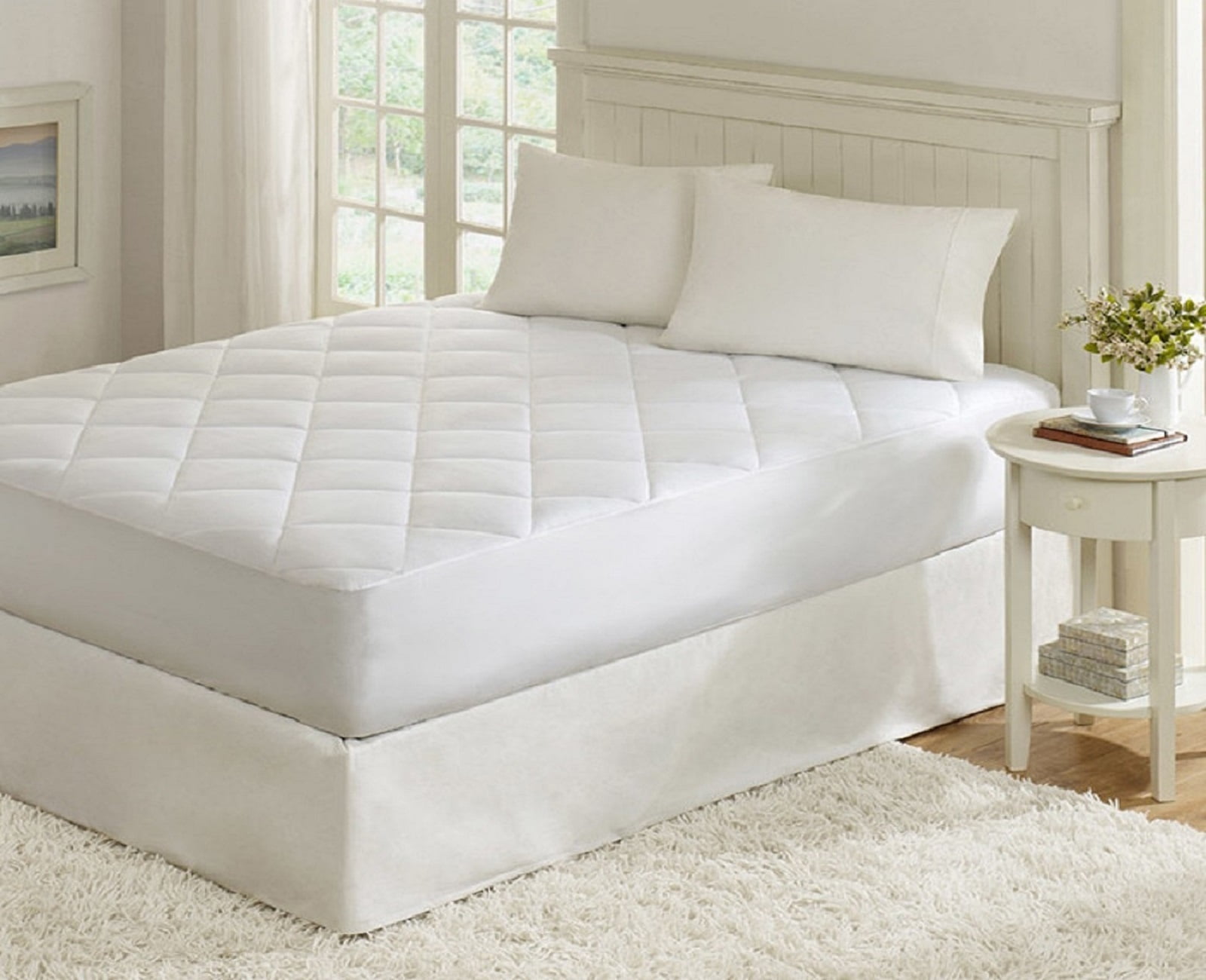

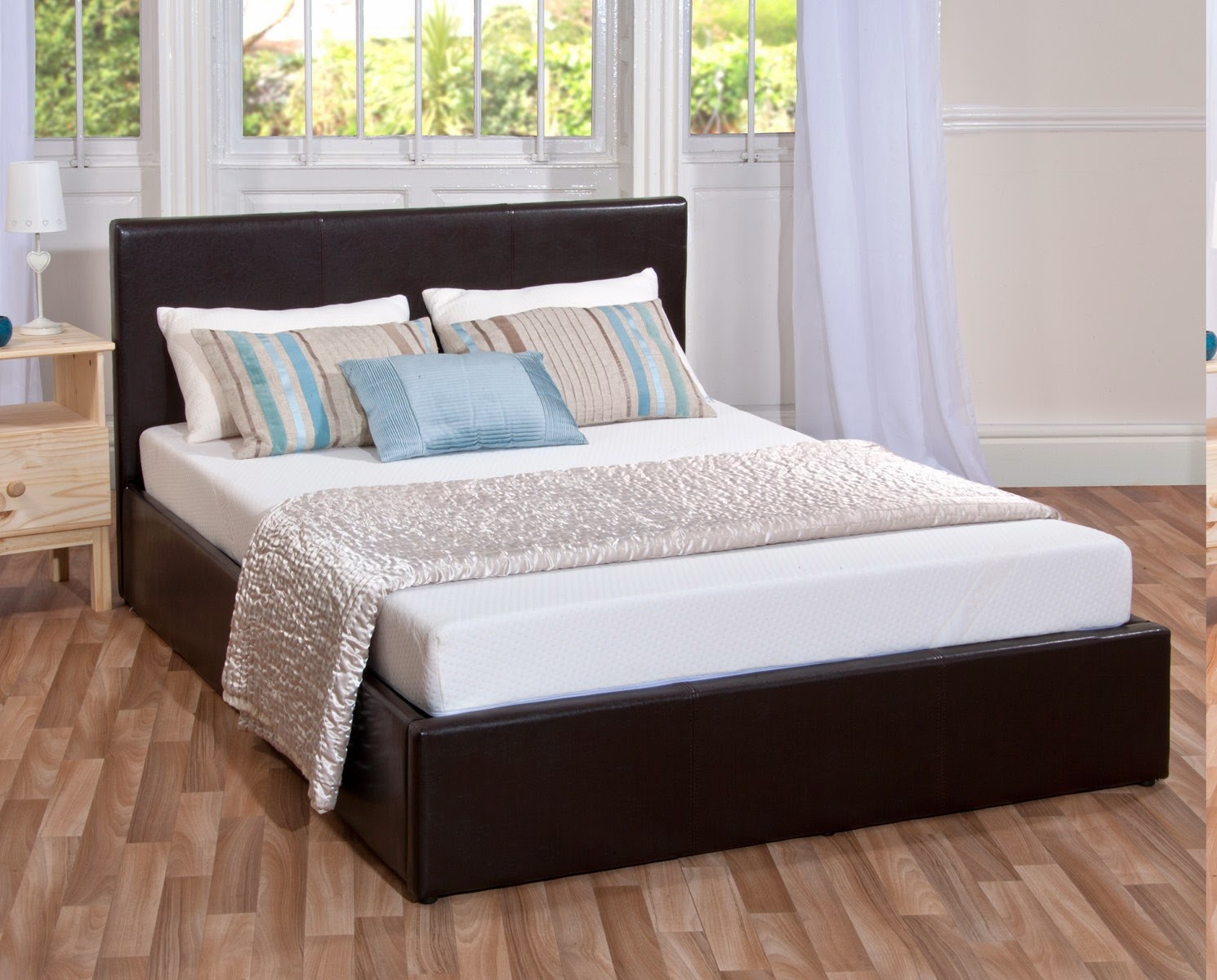


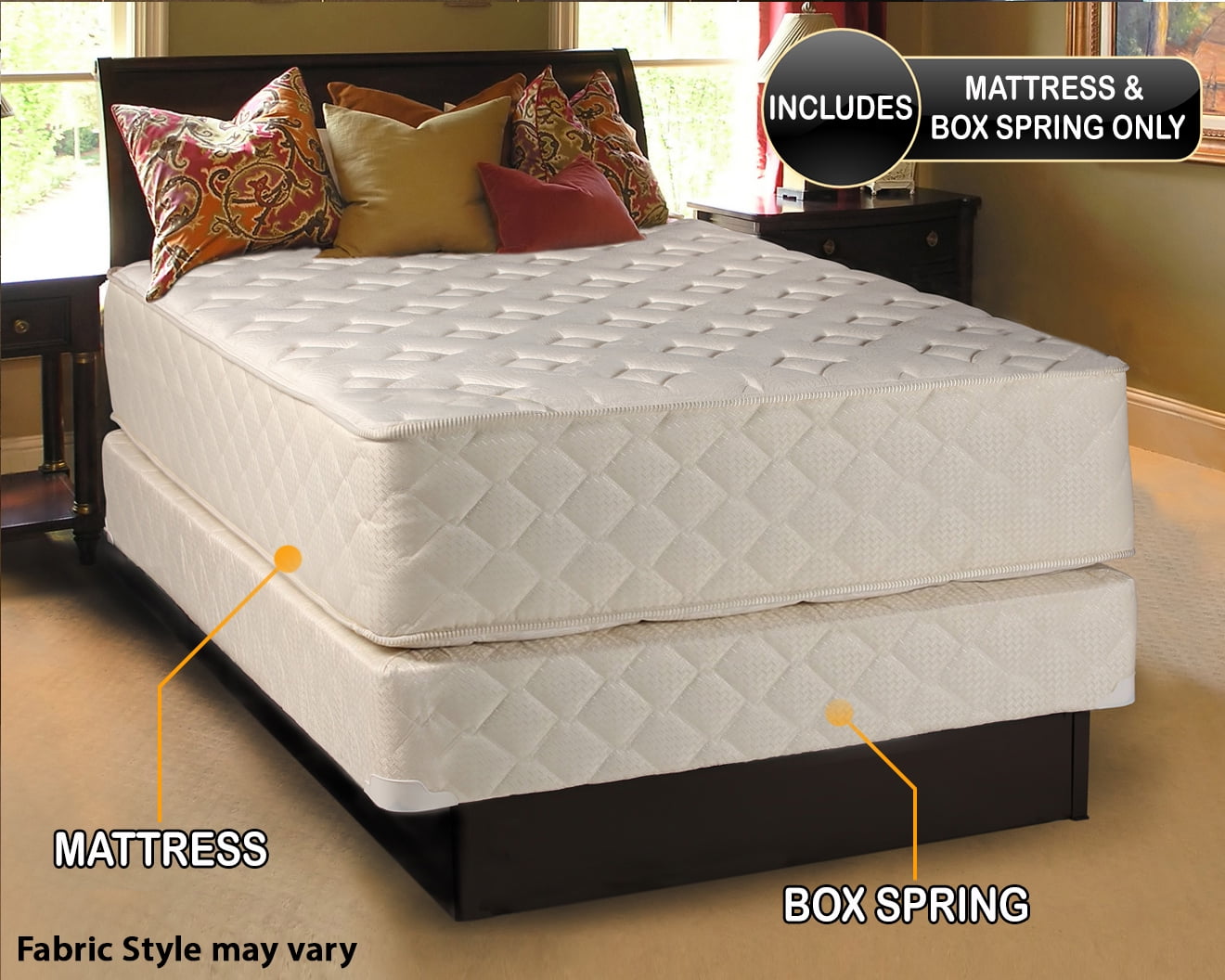

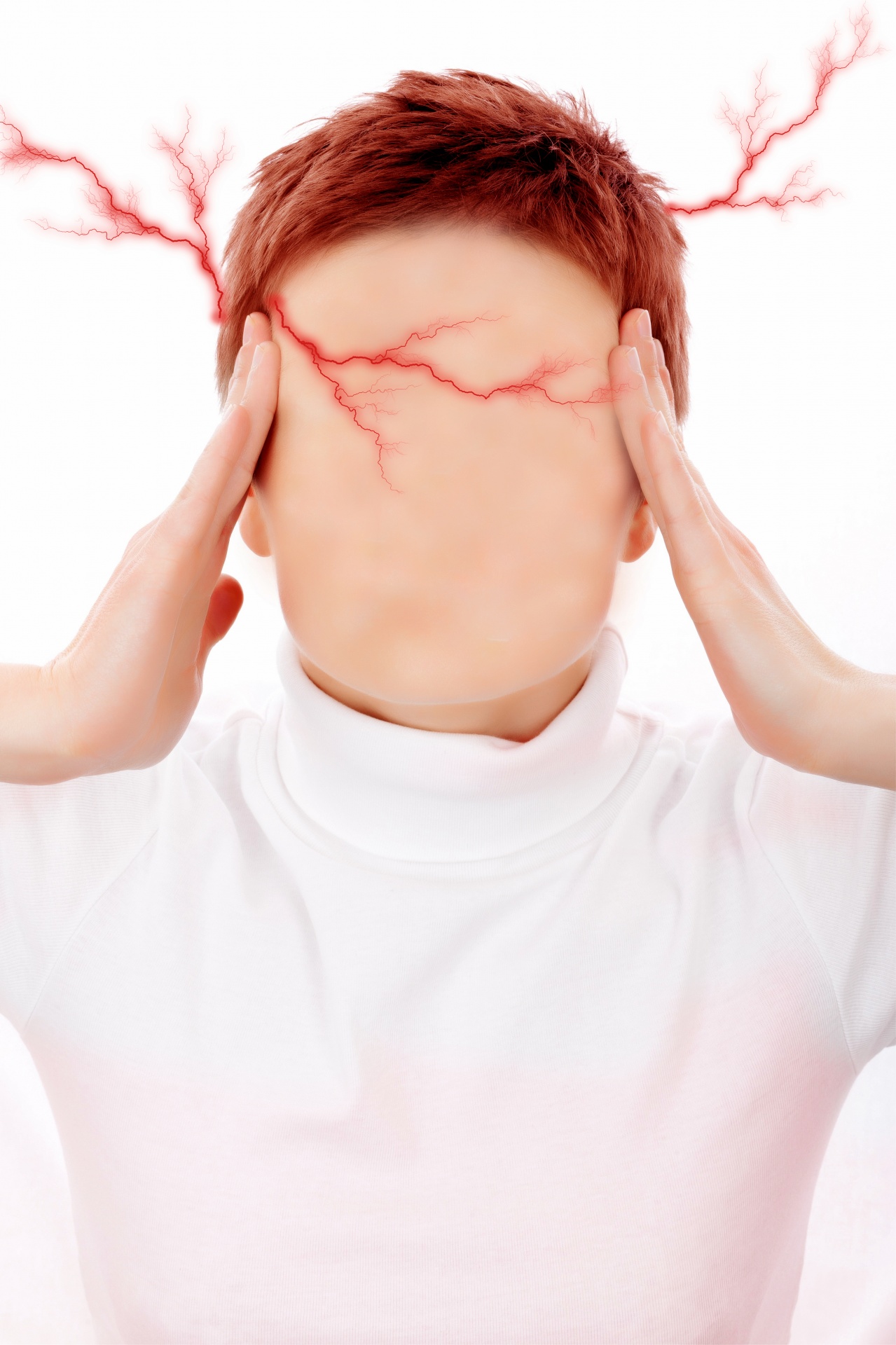


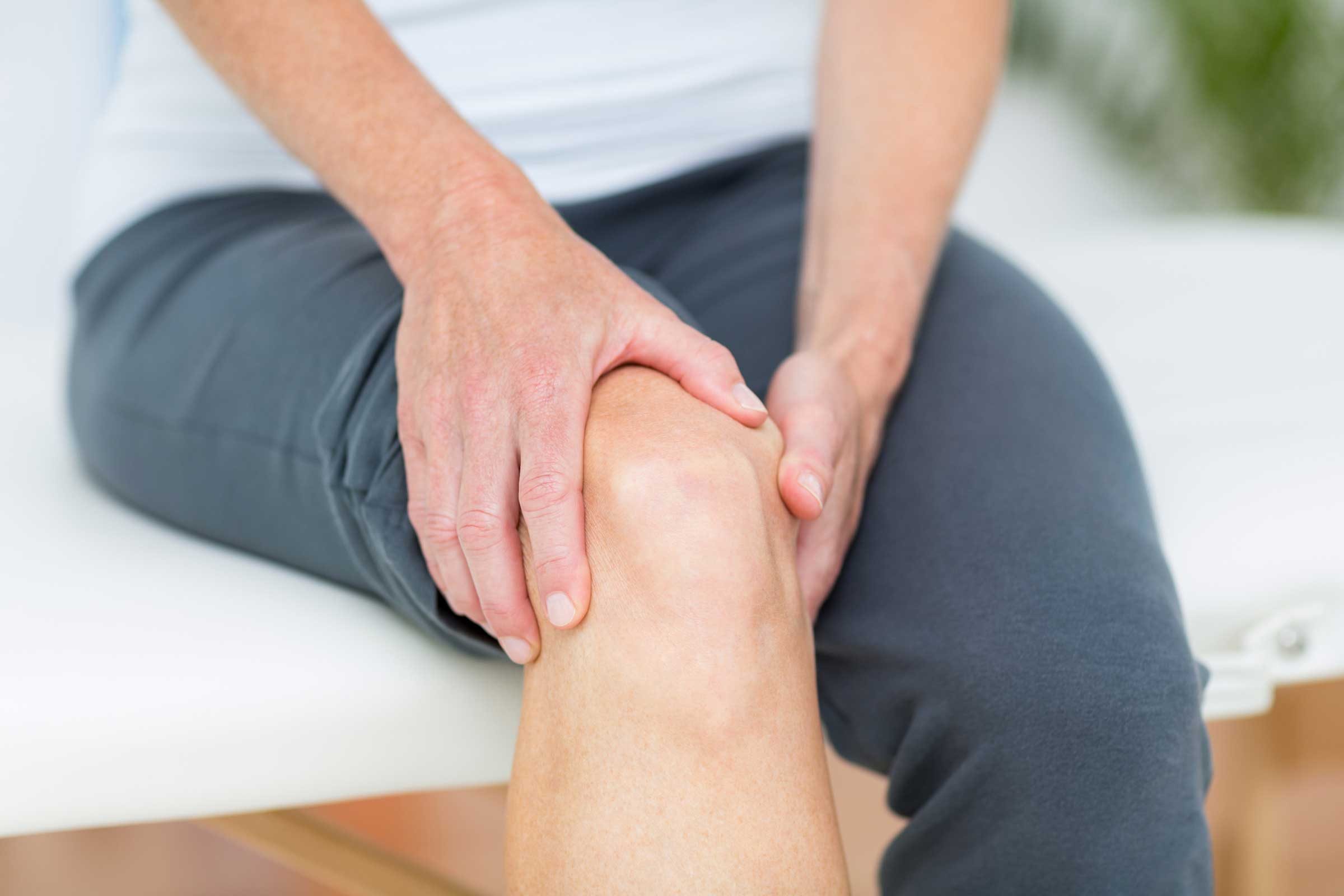


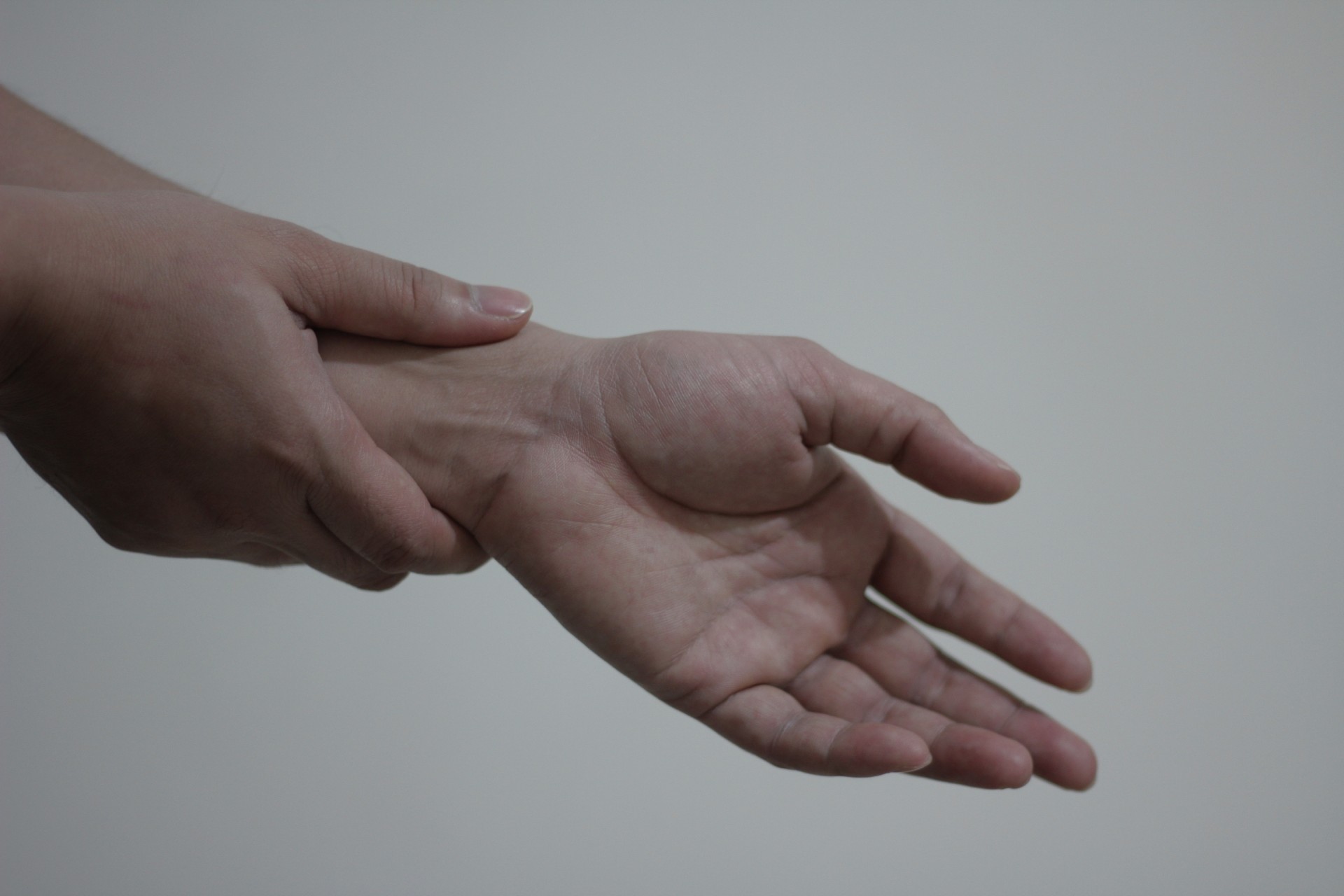

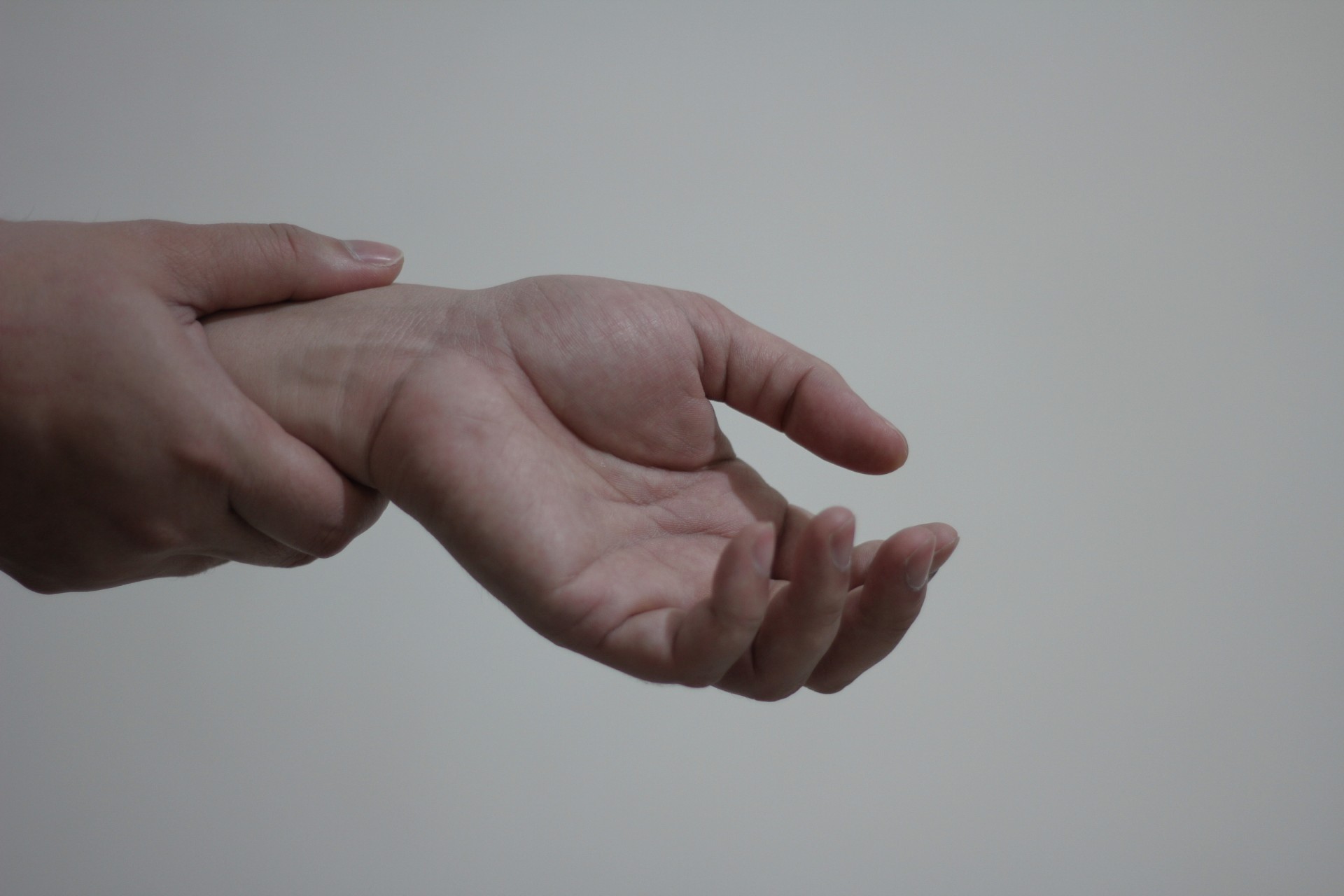

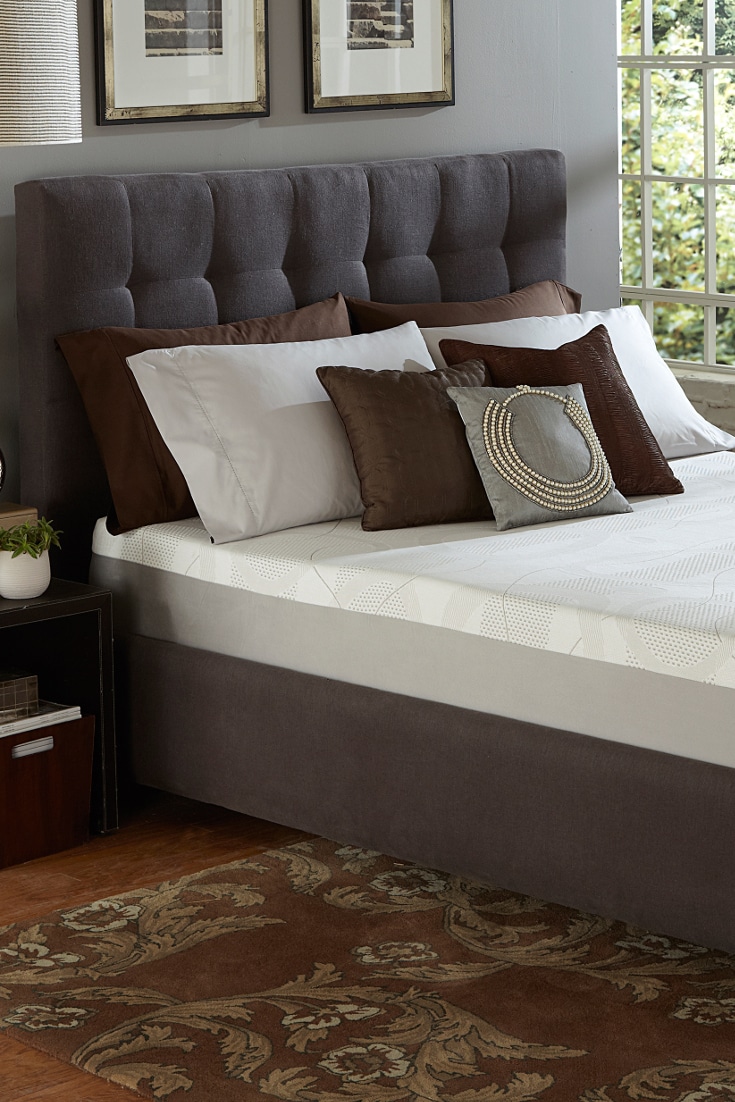
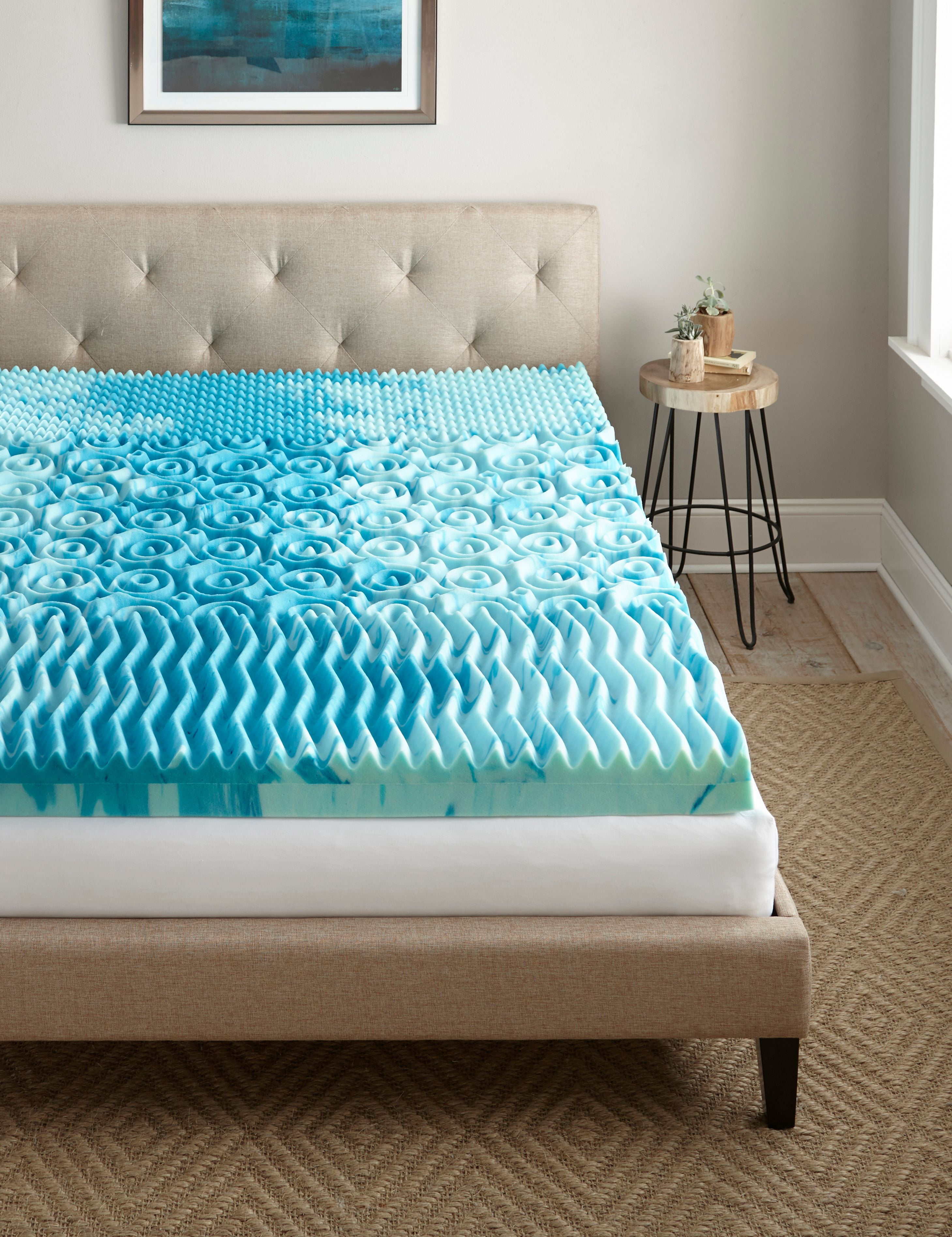
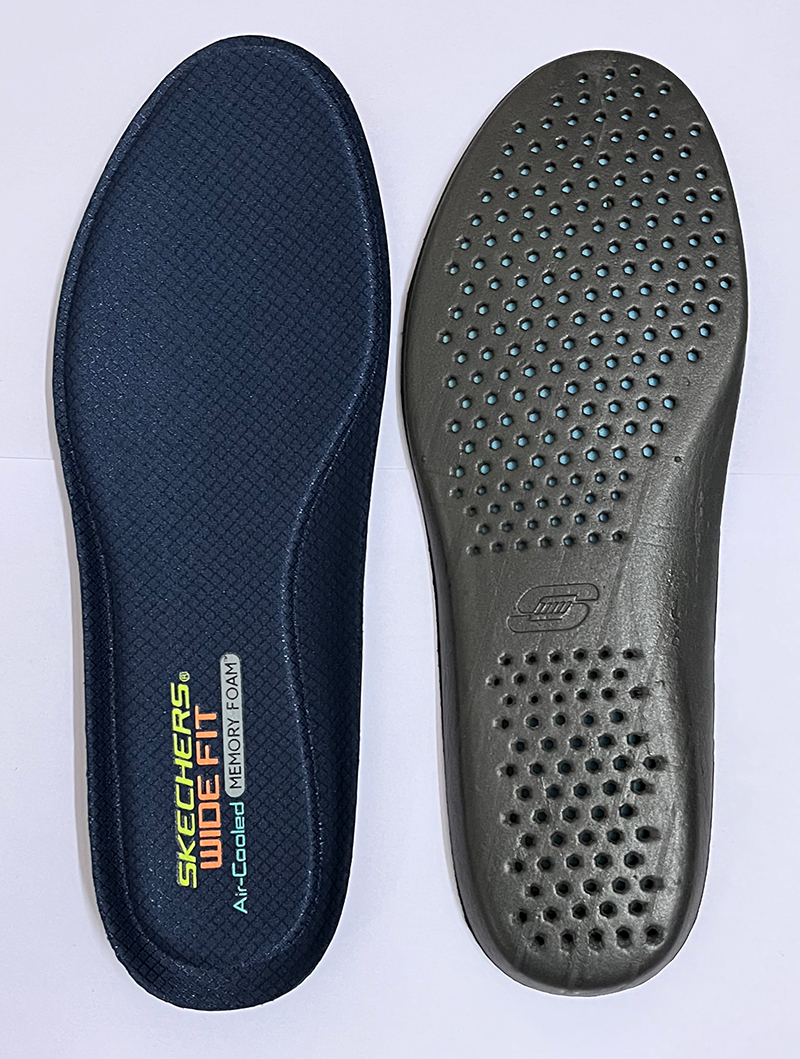



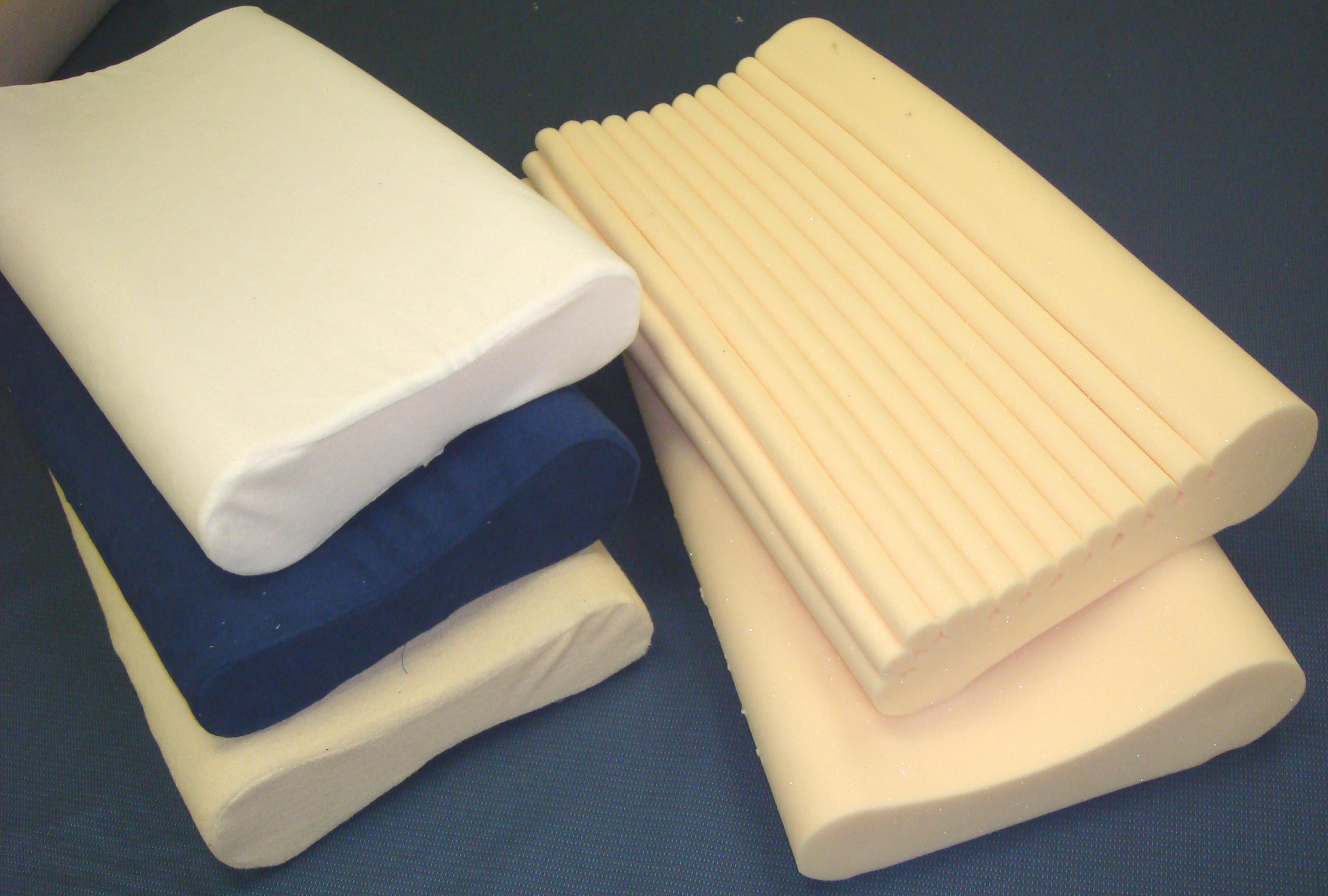
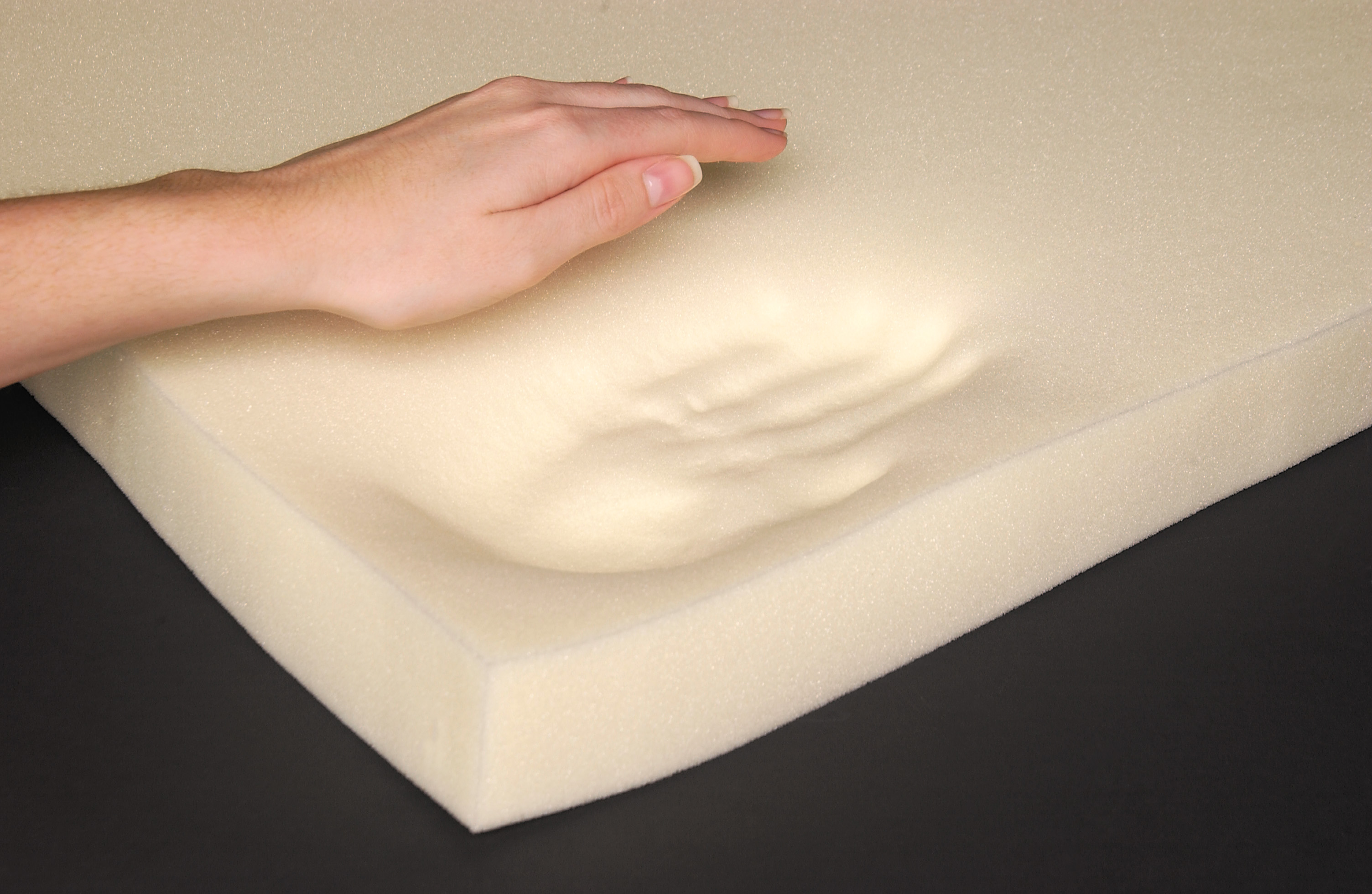
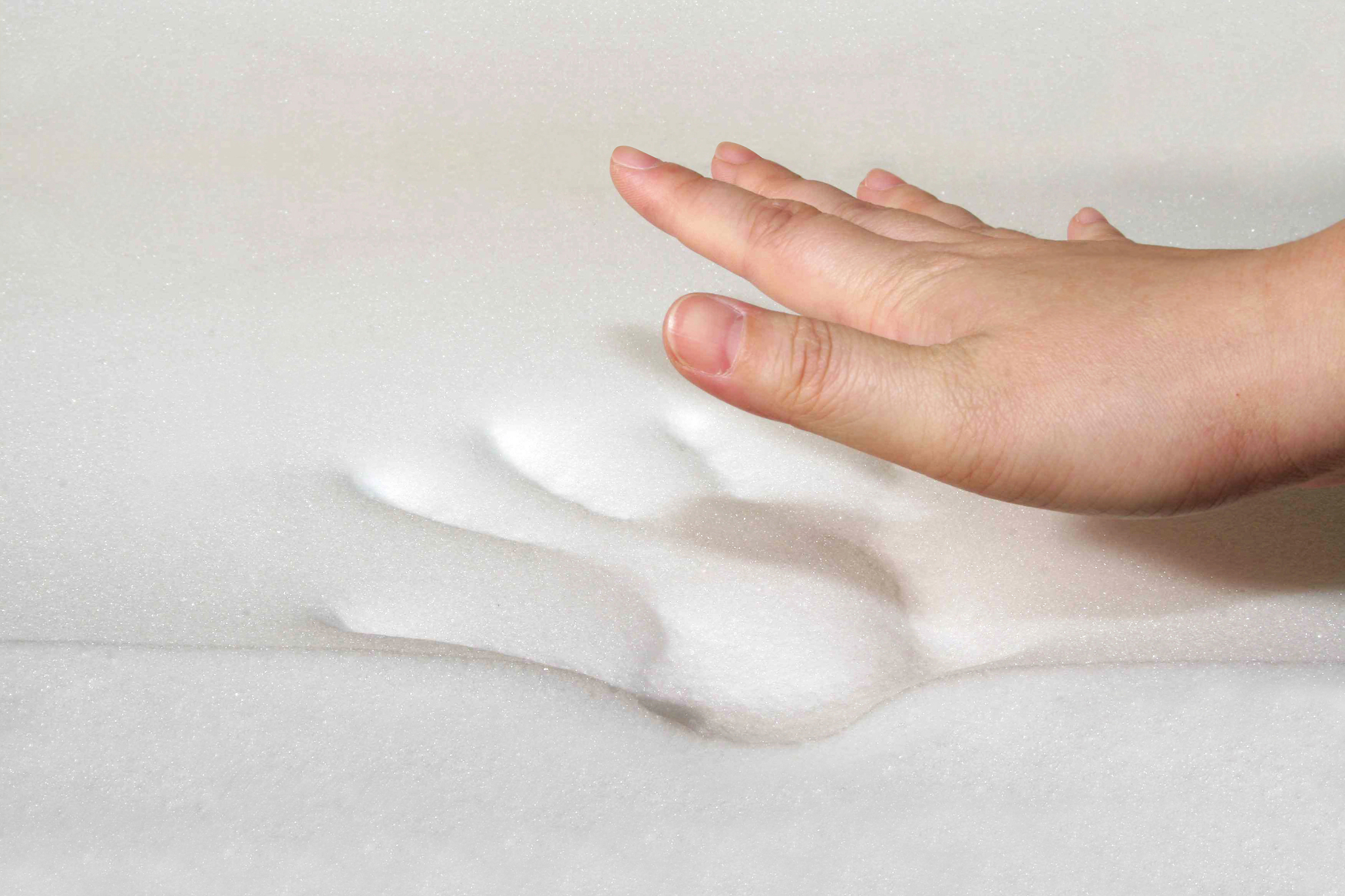
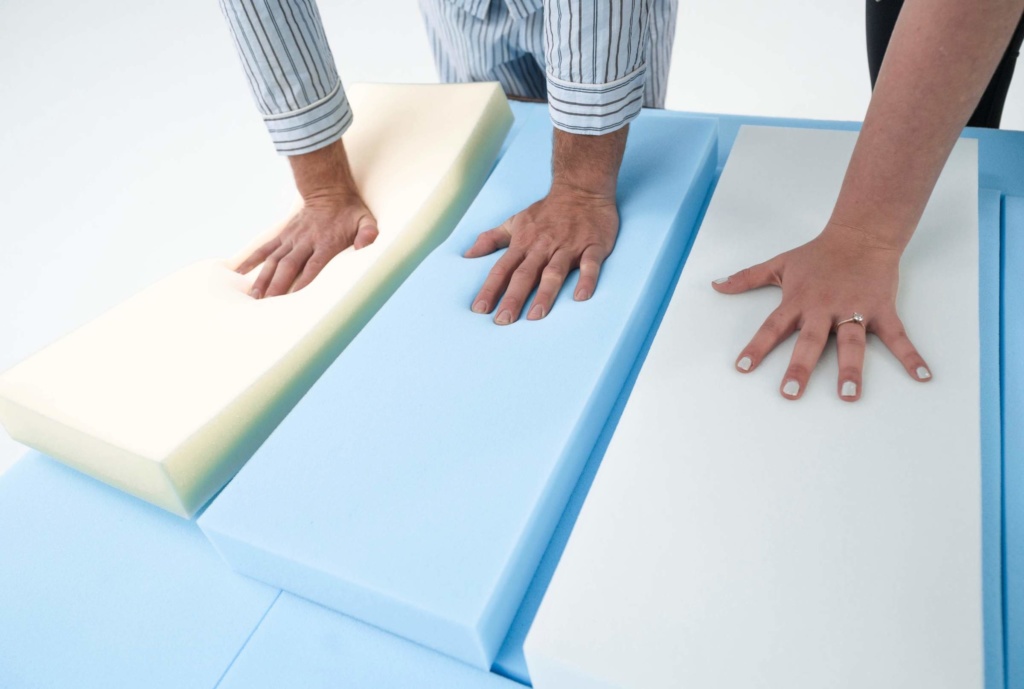

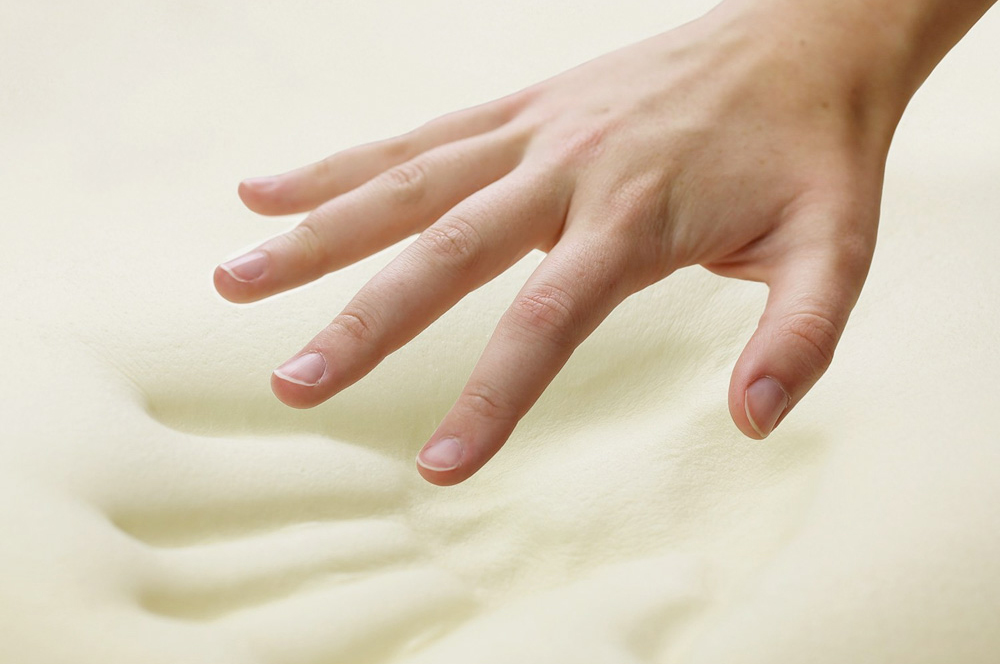
















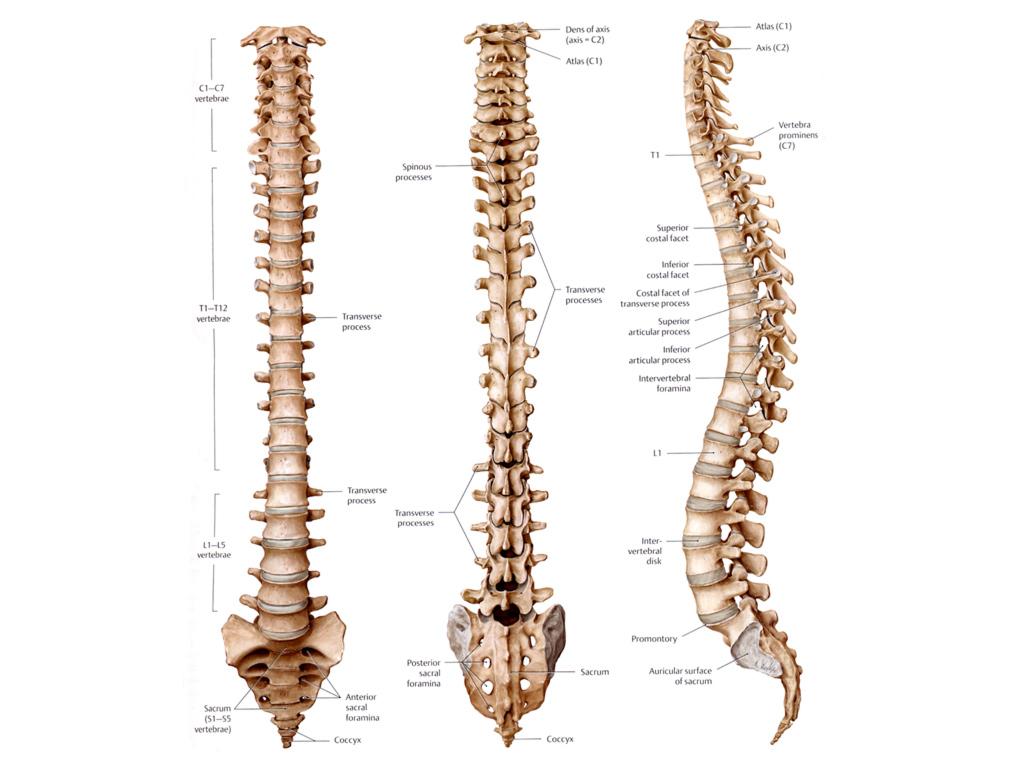
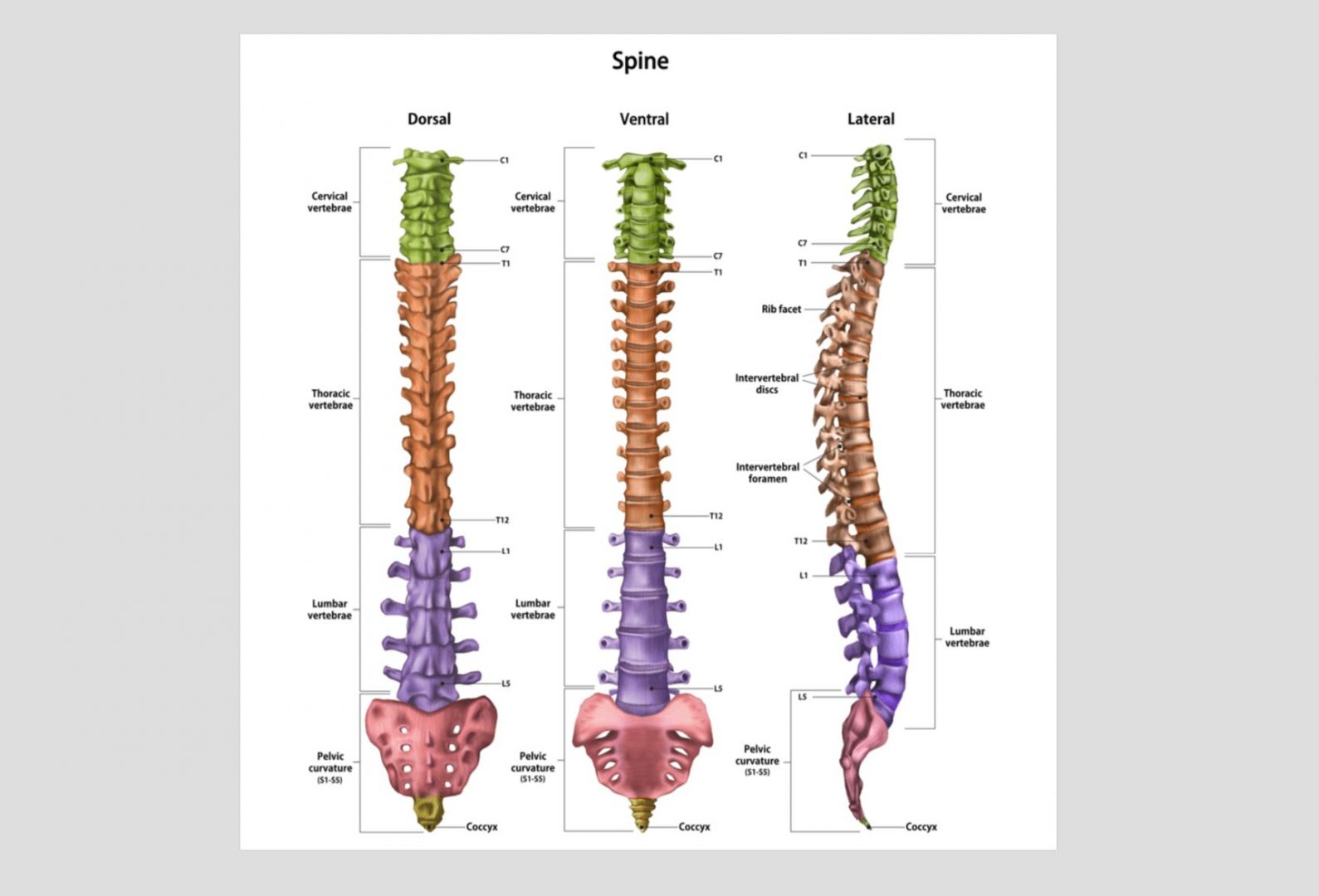

/GettyImages-87293476-56e435703df78c5ba0571226.jpg)
